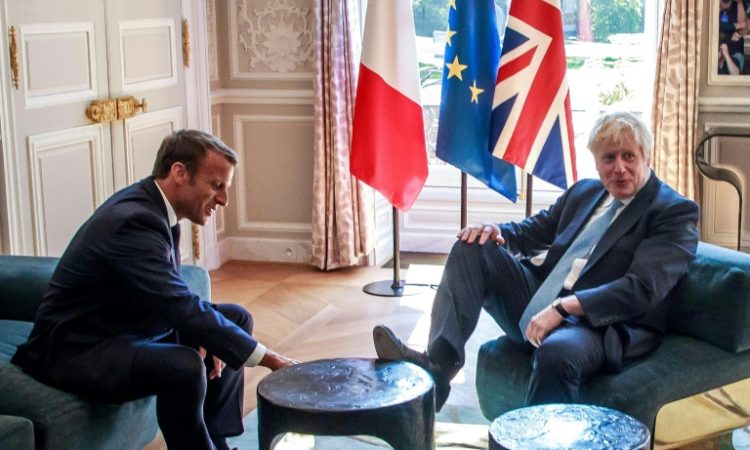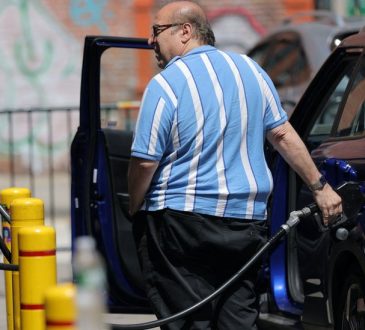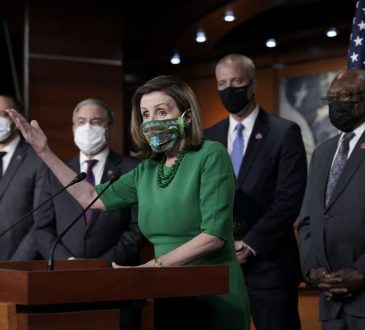
French President Emmanuel Macron on Thursday backed holding further talks to avoid Britain crashing out of the EU without a deal but rejected major concessions, as he hosted Prime Minister Boris Johnson just over two months ahead of the planned British exit.
Echoing comments by German Chancellor Angela Merkel, Macron supported allowing another month to find a solution to the vexed issue of the Irish border which has bedevilled negotiations since 2017.
But he also said the so-called Irish backstop that has caused such controversy in London was “indispensable” and said all talks had to be based on the withdrawal deal negotiated by Johnson’s predecessor Theresa May repeatedly rejected by the British parliament.
“We need to try to have a useful month,” Macron said alongside Johnson, adding that France was nonetheless planning for all scenarios and “notably that of no deal” when Britain exits the EU on October 31.
Johnson, who pictures showed putting his foot on a table in the Elysee palace, however insisted that solutions were “readily available” to prevent checkpoints returning in divided Ireland.
Macron admitted he had a reputation as the “hardest in the gang” on Brexit and rejected Johnson’s calls to scrap the backstop arrangement for Ireland.
The backstop is a provision guaranteeing that border checks will not return between EU member Ireland and Northern Ireland which is part of Britain.
The backstop provided “indispensable guarantees to preserve stability in Ireland and the integrity of the single market,” Macron said.
Johnson wants the backstop removed and has called it “anti-democratic” because it will require London to keep its regulations aligned with the EU during a transitional period when the country is no longer a member of the bloc.
A senior EU official in Brussels told reporters on Thursday ahead of the talks in Paris that the European side was “a little concerned based on what we heard” on Wednesday from Johnson in Berlin.
Since Johnson’s ascent to power last month, the chances have risen of a “no deal” Brexit on October 31, which economists see as likely to wreak economic damage on Britain and the EU.
“The EU and member states need to take the possibility of a ‘no deal’ outcome much more seriously than before,” the EU official said on condition of anonymity.
A French official said on Wednesday that this was becoming the “most likely” scenario.
BBC




